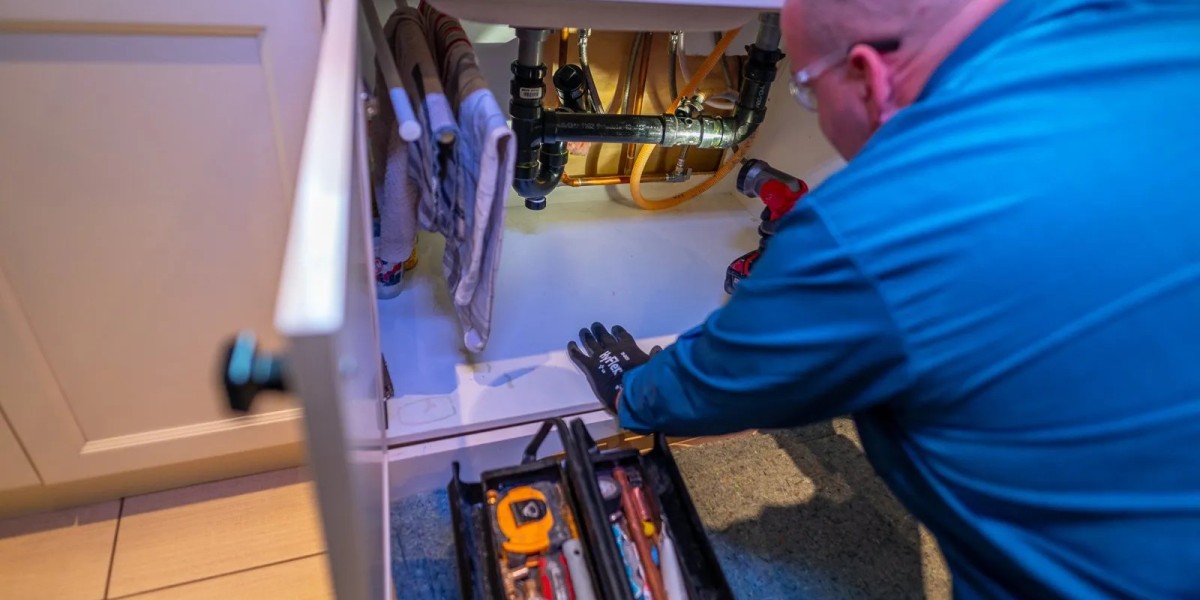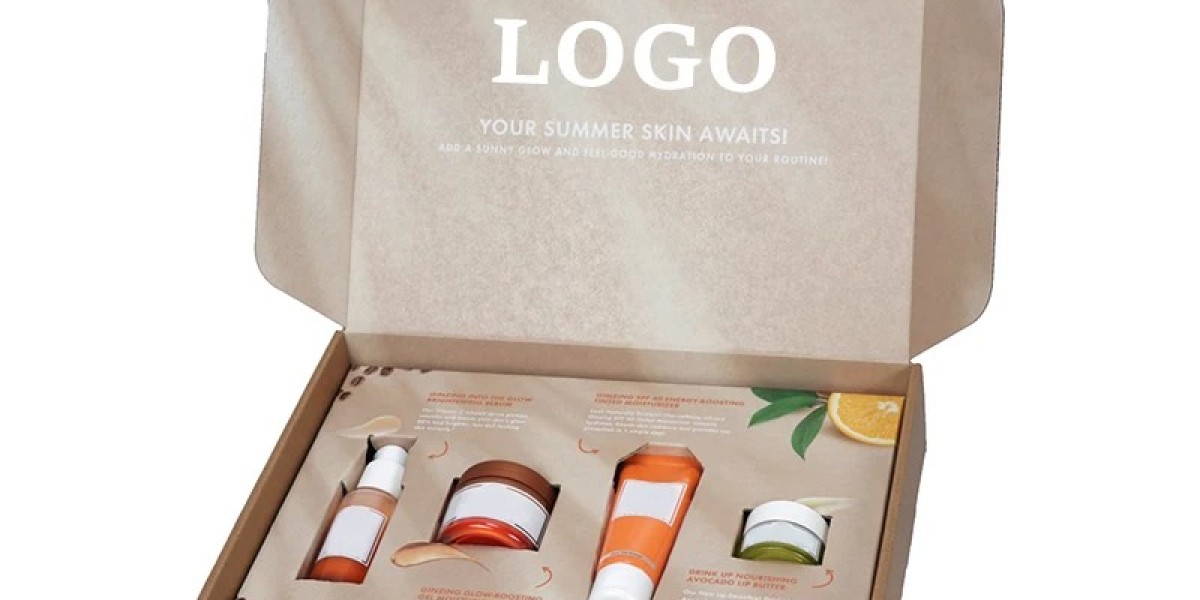Flushable wipes have become a popular household item, marketed as a convenient and hygienic alternative to toilet paper. But despite what the packaging claims, are they really safe for your plumbing system? Many homeowners are surprised to learn that "flushable" doesn’t always mean plumbing-friendly.
If you’ve experienced clogged toilets, slow drains, or sewer backups in Rive-Sud, Plombier Rive Sud provides professional drain cleaning and plumbing services to help protect your home’s plumbing from common culprits like wipes. Before you flush, here’s what you need to know about the impact of flushable wipes on your plumbing system.
Why Flushable Wipes Can Cause Plumbing Problems
1. Wipes Don’t Break Down Like Toilet Paper
Unlike toilet paper, which is designed to dissolve quickly in water, flushable wipes are made with stronger materials that hold together longer. Even after hours submerged, most wipes remain intact, making them more likely to cause blockages.
? Result: Wipes can accumulate in pipes, leading to clogs and costly repairs.
2. Wipes Can Create “Fatbergs” in Sewer Systems
When flushable wipes combine with grease, soap, and other debris in your pipes or municipal sewer systems, they can form massive blockages known as fatbergs. These hard, rock-like clumps can cause serious damage to sewer systems and require extensive (and expensive) removal efforts.
? Did You Know? Fatbergs made of wipes and grease have clogged entire city sewer systems, costing millions to fix.
3. They Can Lead to Costly Repairs and Water Damage
Clogs caused by wipes can back up your plumbing system, leading to:
✅ Overflowing toilets
✅ Slow-draining sinks and tubs
✅ Burst pipes due to pressure buildup
✅ Expensive emergency plumbing repairs
? Avoid unnecessary repair costs by disposing of wipes in the trash, not the toilet.
Common Misconceptions About Flushable Wipes
? "If the packaging says flushable, it must be safe."
✅ Truth: There are no strict regulations for the term “flushable.” Many wipes can technically pass through the toilet but still cause clogs in your plumbing system.
? "I’ve been flushing wipes for years with no issues."
✅ Truth: Wipe-related clogs often build up over time and may not cause immediate problems—but eventually, they will.
? "They’re fine if I flush just one at a time."
✅ Truth: Even flushing a single wipe regularly can accumulate in your pipes and lead to future blockages.
Better Alternatives to Flushable Wipes
✔ Use biodegradable wipes that are truly designed to break down faster.
✔ Switch to moist toilet paper formulated for septic and plumbing safety.
✔ Dispose of wipes in a trash can (even if labeled flushable).
✔ Install bidets or handheld sprayers for a more eco-friendly solution.
How to Prevent Wipe-Related Clogs
✅ Educate household members and guests about proper disposal.
✅ Use drain screens to catch debris before it enters your plumbing system.
✅ Avoid flushing anything other than toilet paper and human waste.
✅ Schedule regular drain cleaning with Plombier Rive Sud to prevent buildup.
Signs You May Have a Wipe-Related Clog
? Toilet flushes slowly or backs up frequently
? Gurgling sounds from drains or toilets
? Water pooling around floor drains
? Foul odors coming from pipes
? If you notice any of these signs, call a plumber immediately to prevent serious damage.
Need Professional Drain Cleaning? Call Plombier Rive Sud!
Even if you’ve accidentally flushed wipes in the past, it’s not too late to protect your plumbing. Plombier Rive Sud offers expert drain cleaning and clog removal services in Rive-Sud to clear blockages and keep your plumbing system flowing smoothly.
? Contact us today to prevent costly repairs and keep your drains wipe-free! ??










